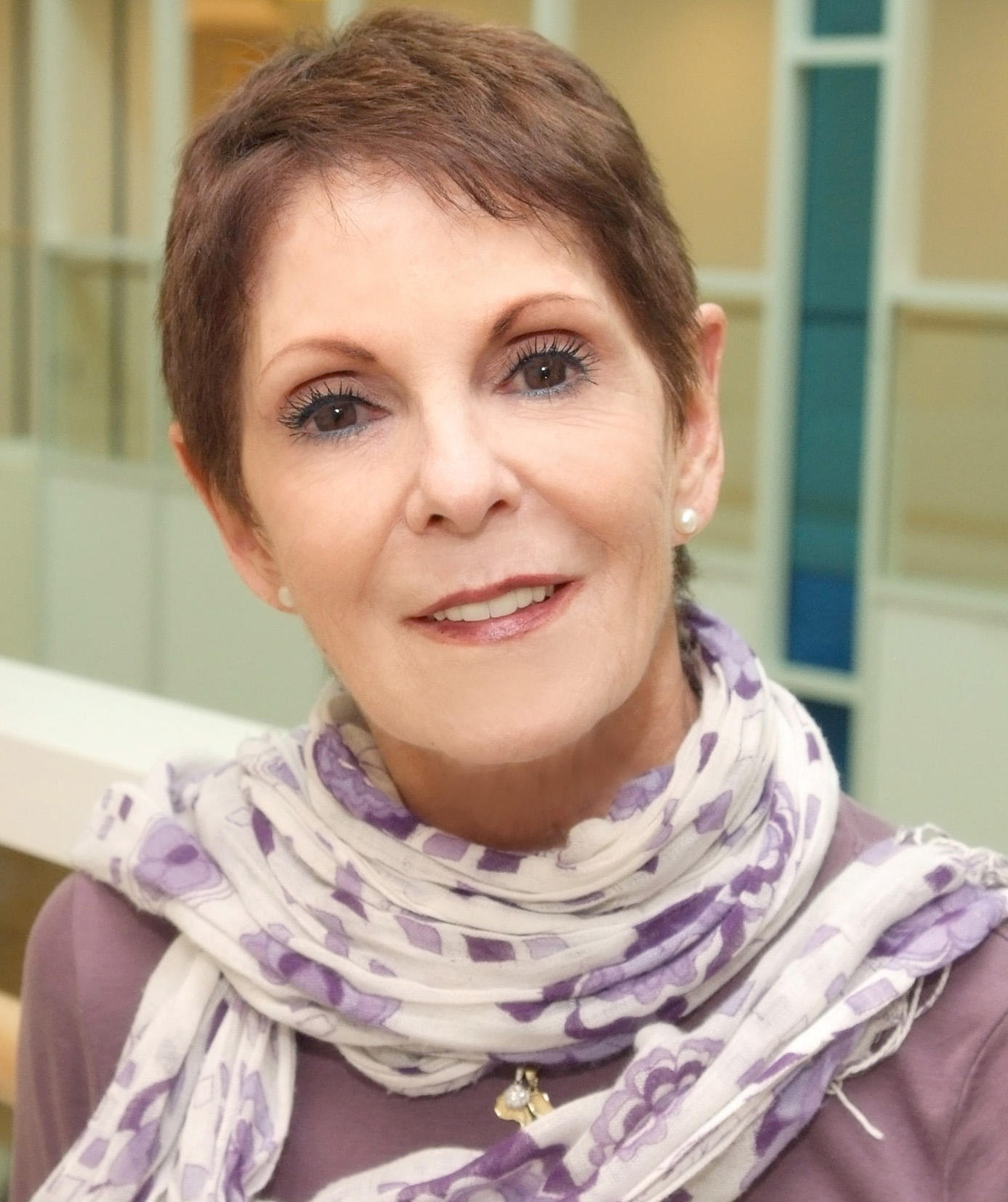Gilbert Salinas was an ex-gang member who had just been released from jail. Gun wounds to his spinal cord had left him a paraplegic, and he wasn’t sure what to do with his new freedom.
Then a chance meeting changed his life. While in a mentorship program for teens in gangs, he met Billie Weiss, who is now the associate director for outreach and communications of the Southern California Injury Prevention Research Program at the UCLA Jonathan and Karin Fielding School of Public Health.
“When I met Billie, there were two options,” Salinas said. “The rest of my life in prison or death on the streets.”
Under Weiss’ mentorship, Salinas left the gang life. And recently, he earned a fellowship to study at Harvard.
For her help in aiding people affected by violence like Salinas, Weiss was recently given the “Local Heroes” award by Union Bank and local public TV station KCET. The award is given annually to recipients who have made their communities better places to live.
Throughout her career, Weiss said she has struggled to make Los Angeles leaders see violence as a public health issue instead of a law enforcement issue.
“We don’t want to treat the individual only,” Weiss said of her work. “We want to change the norms of their community and make it a less violent one.”
Her work focuses on giving resources to those prone to violent behavior, instead of punishing them through law enforcement after a violent act is committed. Whether chatting about violence with middle schoolers or helping a domestic violence shelter to better serve its clients, Weiss’ approach is largely based on person-to-person conversations.
A sense of community and activities that boost wellness are key to curbing violence, Weiss said. To do this, she asks organizations like local farmers markets to visit these poorer communities, and she helps members apply for grants to put on activities like community cleanups, museum visits and art fairs.
When a widow whose husband had been shot in a drive-by wanted to start a community betterment organization in her neighborhood near Huntington Park, she attended one of Weiss’ Violence Prevention Coalition workshops, which teaches community leaders how to set up programs that improve their neighborhoods.
After working with the woman at the workshop, Weiss helped her one-on-one by organizing community resource fairs at a local park that included income tax assistants, health department blood testers and food vendors. Before the fair, Weiss organized a vigil to honor those lost to violence in the community.
“People came together, and now they see the park as a safe place,” she said. “We’re trying to be community helpers.”
At UCLA, Weiss’ research investigates causes of violence in Los Angeles. Her recent research gave every zone in Los Angeles a violence score, designed to show lawmakers that violence is most prevalent in neighborhoods with fewer resources.
Sincere concern for the safety of other people sets Weiss apart from other researchers, said Abdelmonem Afifi, associate director of the Injury Prevention Research Program.
“When Billie talks with gang members, for example, she doesn’t see them as criminals, but as people whose needs are not met,” Afifi said. “She works with them as a friend.”
This was the case for Salinas, who now refers to himself as Weiss’ “son,” he said.
The gang prevention programs Weiss is involved with scouts young people to tell their peers about the perils of gang violence, so Weiss enlisted Salinas’ help.
While hesitant at first, Salinas was soon leading classroom discussions about violence.
She even inspired him to pursue a bachelor’s degree, something that was unimaginable for him before meeting her, he said.
Together, the pair also developed a youth violence coalition to train youth in violence prevention and fought to pass stricter gun laws in California.
“Gilbert hit the streets as a kid, but now he’s making such an impact on the people he talks to about violence prevention,” Weiss said. “Making connections with people is the biggest gift in what I do.”
Weiss also makes time to connect with UCLA students. When first-year graduate student Meri Birhane needed help with her public health research class, she came to Weiss for advice on tackling the issue of gang-related youth homicide.
“Our research topic was tough, but Billie was so relatable and presented everything so that it seemed doable for us,” Birhane said.
As part of the award she received, a KCET special featuring Weiss will run throughout April.
With her trademark humility, Weiss said she was a bit embarrassed by the prospect of being featured on television as a Local Hero, adding that the award could have easily been bestowed upon the many advocates in the public health arena.
Yet for Salinas, the title of hero is reserved exclusively for his mentor.
“Billie knows the value of a human life, and she invested in mine,” Salinas said. “She really saved my life.”
